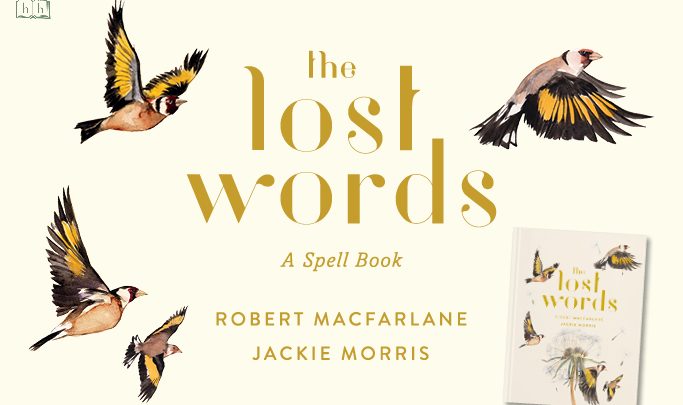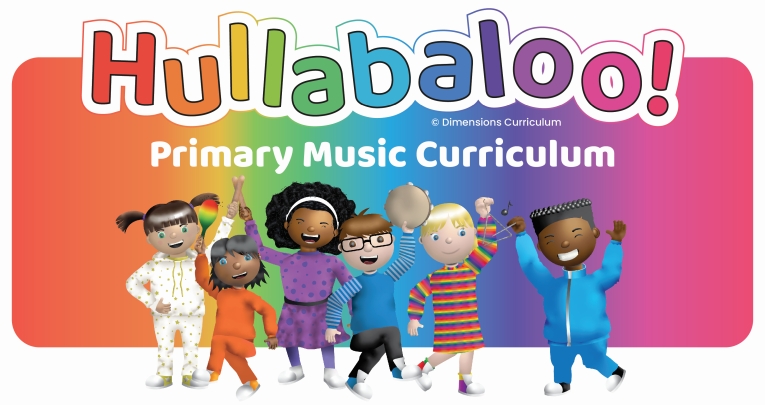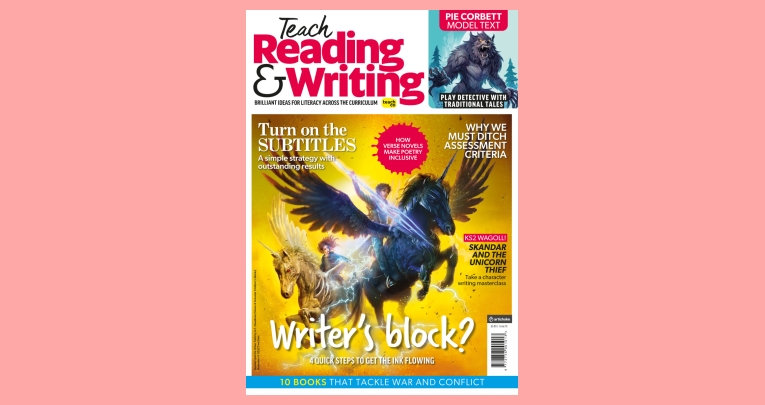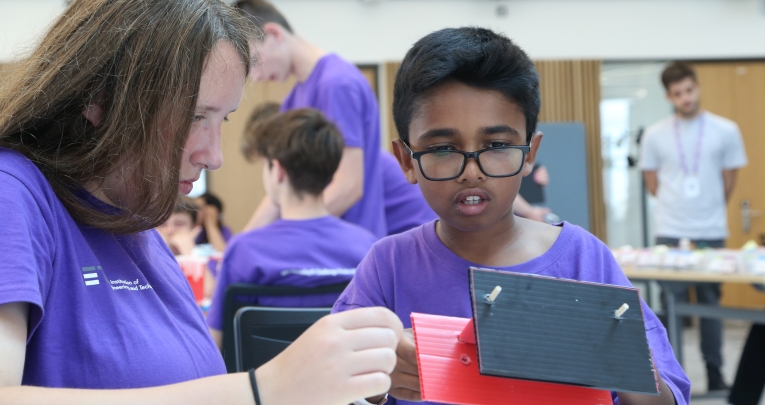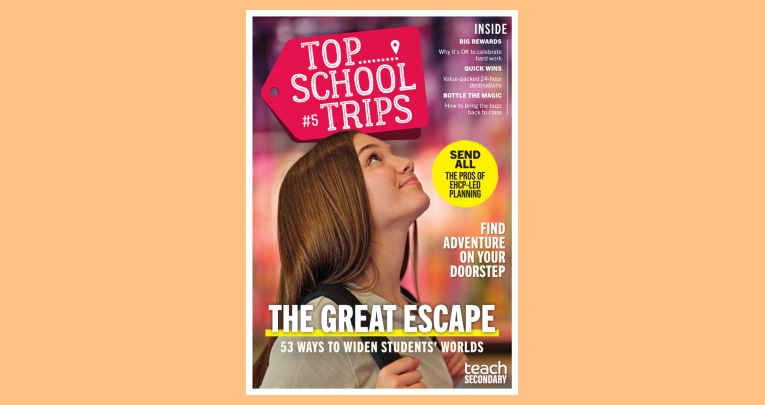Since its publication in October 2017, The Lost Words by Robert MacFarlane and Jackie Morris has conjured a particular kind of magic in schools.
It has already captured the imaginations of thousands of teachers and pupils across the UK; there was a successful crowdfunding campaign to place a copy in all 2,681 schools in Scotland last year, for example, and there are similar campaigns still in progress across Northern Ireland, Wales and England.
Teachers are continually sharing and updating classroom displays, lesson plans and Lost Words-inspired art projects – either on the exclusively created Schools Padlet, on personal blogs, or by using #TheLostWords hashtag on Twitter. It is a mini-revolution, of sorts.
The unique appeal of this book is that it opens eyes to a truth long suspected in classrooms: that the words of the natural word – Dandelion, Otter, Bramble, Acorn – are fading from children’s minds. The Lost Words stands, with teachers, librarians and educators across the UK, against this disappearance of wild childhood.
It is a joyful celebration of language, inspiring children (and adults) to rekindle their relationship with the natural world around them. In fact, the movement of rediscovering #TheLostWords has only just begun.
The appeal of this book is long-lasting; it has the potential to have an impact on generations of children in the classroom, and the opportunities for cross-curricular learning are exponential.
To celebrate the one-year anniversary of the book’s publication, Penguin has released some new teaching resources, consisting of 12 Challenge Cards. The cards are all themed around The Lost Words; they are matched to curricula in Scotland, Wales, England and Northern Ireland, with objectives including: ‘cultivating ethical, informed citizens’, and ‘improving the spiritual, moral, cultural, mental and physical development of pupils’ – amongst many others.
The Challenge Cards are flexible for use in any classroom and can be dipped in and out of, or used consecutively as a full Scheme of Work. They are easy and economical to print (each activity is nicely confined to one A4 sheet), and the activities are varied – designed to keep children interested.
The book itself can be used with any primary school age group, its highly illustrated pages providing enough visual stimuli to keep younger children engaged; and the Challenge Cards, too, can be easily differentiated to cater for different ages and abilities.
Here’s a sneak preview of some of the activities included:
- Working in groups to create a Nature Space, taking into consideration things like orientation of the area, permissions for planting, sourcing of seeds or plants, water supply, maintenance responsibilities, and time-scale of the project.
- Using as many of the ‘lost words’ as possible to create a narrative story, play, puppet play, comic, graphic story, picture book, diary, blog, animation, film or dance.
- Befriending Birds: researching how to make an environment more suitable to encourage a wider variety of birds, thinking about habitat, diet, shelter and water supply.
- In maths, looking closely at dandelions and other plants to see what numerical patterns can be discovered.
- Conducting classroom debates about whether the dandelion should be considered a plant or a weed – allocating roles of supporter, protester and observer.
What these news resources point to are the limitless opportunities to use The Lost Words across all subjects, in many different ways. The beauty of these Challenge Cards is that they will be used uniquely in every classroom; and the results will be fascinating in their variance.
We can’t wait to see the magic that you conjure…
Share any work completed using these Challenge Cards on Twitter, by using the hashtag #TheLostWords and tagging @PenguinUKBooks.






